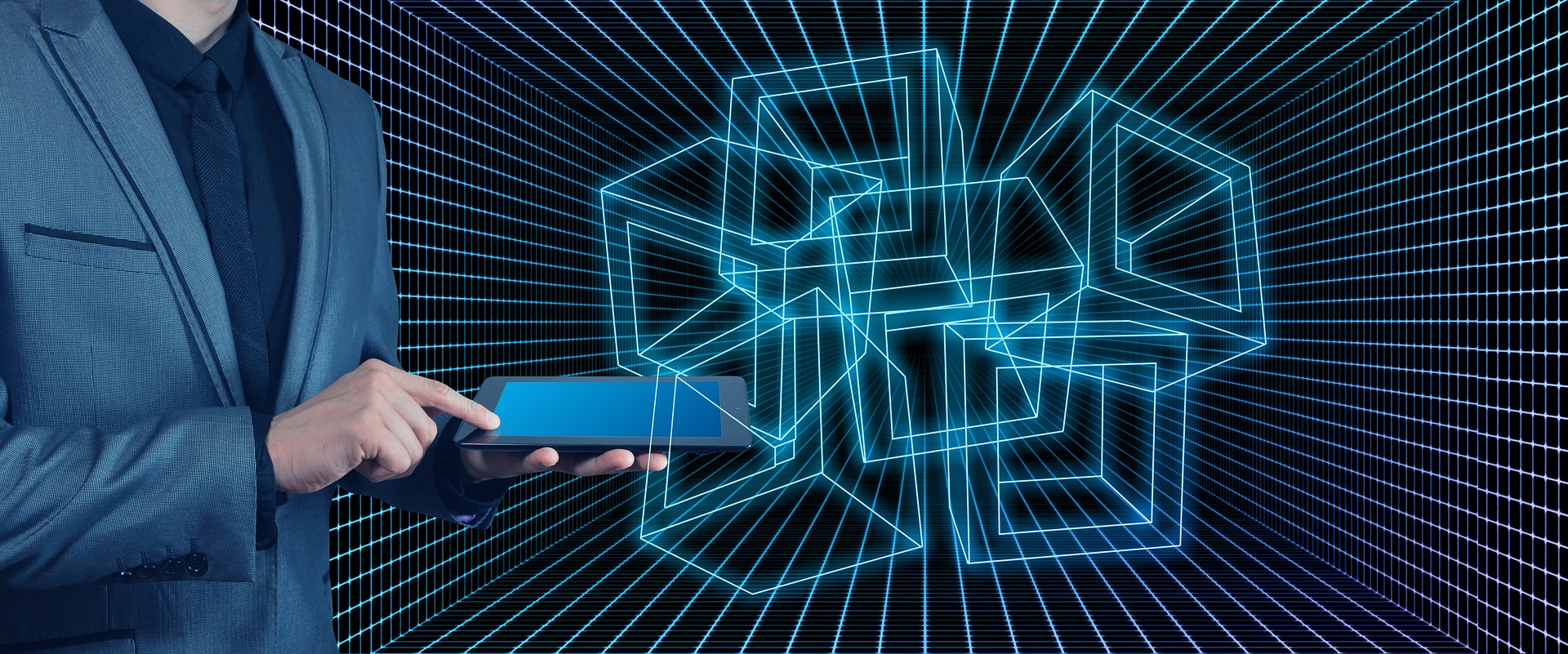

A block in a blockchain is a collection of data that is added to the blockchain. It contains a timestamp, a link to the previous block, and transaction data.
In a blockchain, each block contains a cryptographic hash of the previous block, a timestamp, and transaction data. This ensures that the data in the block cannot be altered once it has been added to the blockchain.
The transaction data in a block can include information about financial transactions, contracts, or any other type of data that needs to be recorded and verified.
One of the key features of a blockchain is its distributed nature. This means that the data in the blockchain is not stored in a central location, but is instead distributed across a network of computers. Each computer in the network has a copy of the blockchain, and when a new block is added to the chain, it is added to all copies of the blockchain at the same time.
This decentralized structure makes it difficult for anyone to manipulate the data in the blockchain, as they would need to alter the copies of the blockchain on every computer in the network. This makes the blockchain a secure and transparent way to store and verify data.
In addition to transaction data, a block may also contain other data, such as smart contracts or other code. Smart contracts are self-executing contracts with the terms of the agreement between buyer and seller being directly written into lines of code.
The use of blocks and the blockchain technology has a wide range of applications, including the ability to verify and secure financial transactions, to create and enforce contracts, and to track the movement of goods and assets. It is being used in a variety of industries, including finance, supply chain management, and real estate.
Overall, a block in a blockchain is a unit of data that is added to the blockchain, containing a timestamp, a link to the previous block, and transaction data. It is an essential component of the blockchain technology, providing a secure and transparent way to store and verify data.
210 5th Ave
New York, NY 10010, USA
+1 (424) 332-8361
Jana Pawla II 27
00-867 Warsaw, Poland
+48 792 747 357
© 2025 Inbound Marketing and BI Agency for Programmatic companies. All rights reserved.